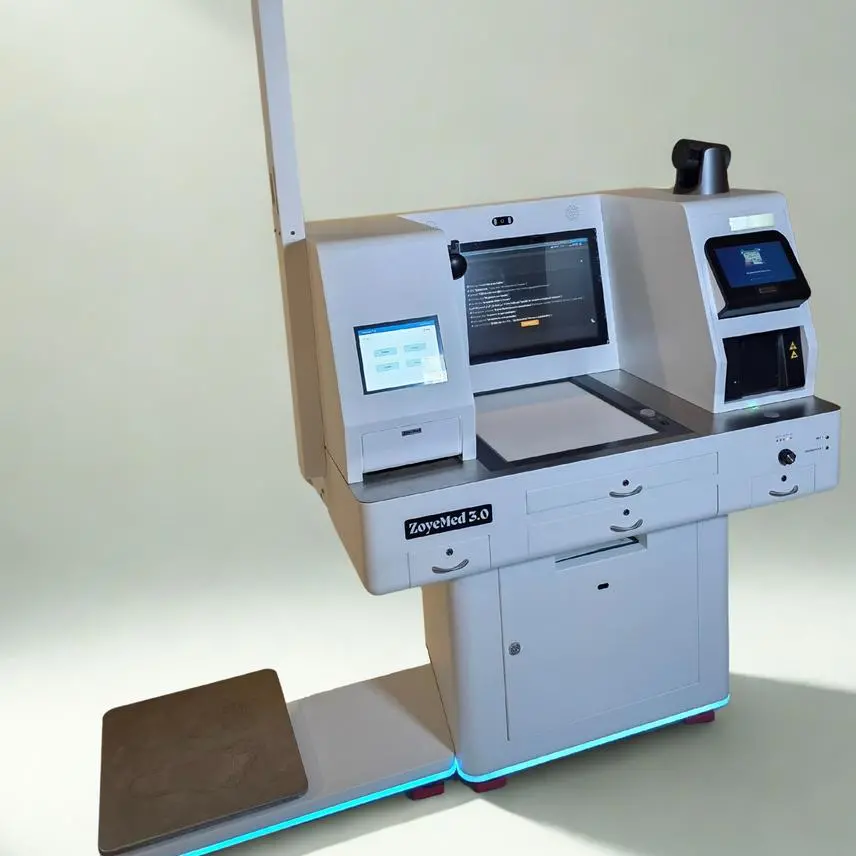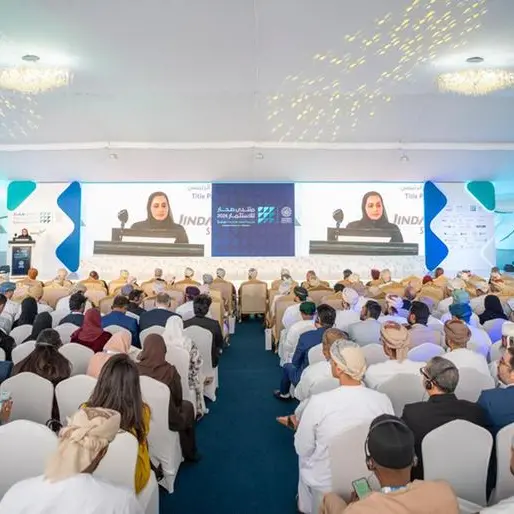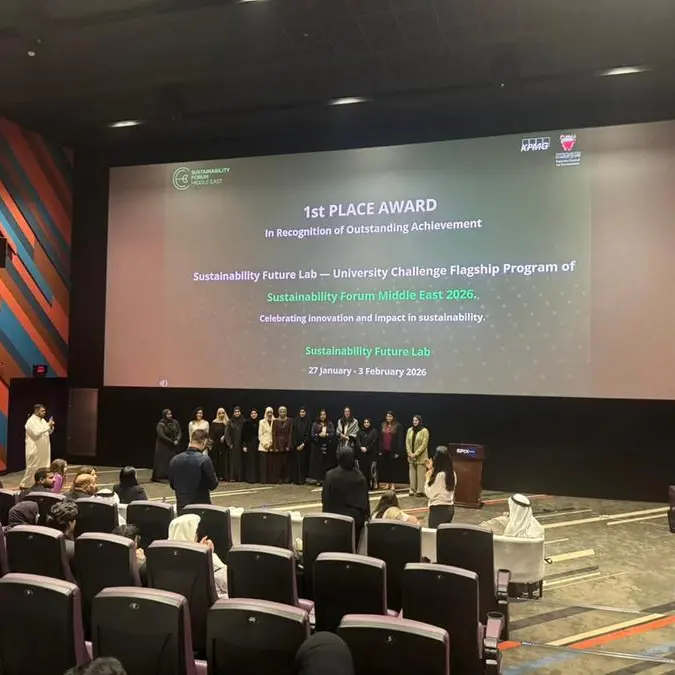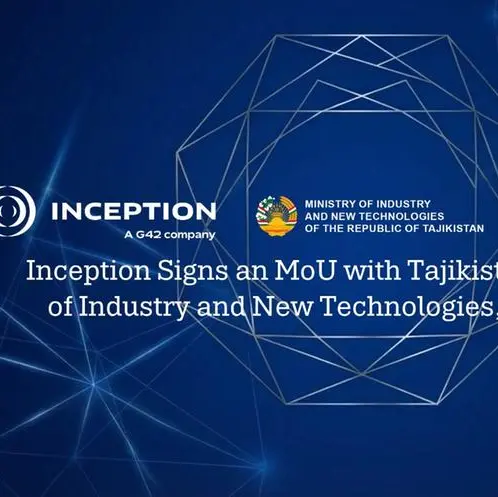By Valery Njiaba, Communicationa Officer, Paradigm Initiative
The Covid-19 pandemic has exposed the digital divide in Sub-Saharan Africa. More people require internet access and intermediate skills to work remotely due to the measures put in place to manage COVID-19. According to a 2020 report by Global System for Mobile Communications Association (GSMA) on Mobile Internet Connectivity (https://bit.ly/31WqXhX), mobile internet adoption stood at 26% in sub-Saharan Africa at the end of 2019. The region accounts for almost half of the global population not covered by a mobile broadband network. 3G internet coverage stood at 75% while 4G coverage was at only 49%, according to GSMA. The gender gap and a rural-urban gap in mobile internet stands at 37% and 60%, respectively. The lack of digital literacy skills, especially for women and rural populations, is the biggest barrier to mobile internet adoption, according to GSMA.
The results of the GSMA study showed that commitment and contribution towards digital inclusion are highly uneven across industries in the digital sector. Clear and consistent support to improve digital skills is needed, especially for vulnerable and underrepresented groups. There is also an opportunity for companies to help bridge the gender digital divide, through initiatives that target digital skills training for women and girls.
This is where Paradigm Initiative (PIN) comes in. PIN works to connect underserved young Africans with digital opportunities and ensures the protection of their rights. According to Nnenna Paul-Ugochukwu, Chief Operating Officer at Paradigm Initiative, the company “works to connect under-served African youth with improved livelihoods through our digital inclusion and digital rights programmes”.
PIN believes the internet and digital technologies play a vital role in the development of individuals and indeed the collective. “We have been working in under-served communities in Africa, empowering young people with crucial digital, life and business skills. PIN is dedicated to bridging the digital gap by taking digital opportunities to young people where they are and ensuring their livelihoods are improved. Since the pandemic began, PIN has imparted digital skills to 400 young people across Africa,’’ Nnenna said.
With Senegal being an important country within the Economic Community Of West African States (ECOWAS) community and a force to reckon within Francophone Africa, it was an ideal location to kickstart PIN’s Life skills, ICTs, Financial literacy and Entrepreneurship (LIFE) training programme to foster digital inclusion. This programme equips young Africans living in under-served communities with demand-driven ICT and entrepreneurship skills, and connects them to internships, online work or entrepreneurial ventures with a high possibility of earning sustainable income.
OneHundred and thirty young adults between the ages of 12 and 28 are selected for training every quarter in our regional centres in Lagos (Nigeria), Aba (Nigeria), Kano (Nigeria) and Thies (Senegal). To date, over 5000+ young people have been exposed to training on productivity tools, graphic design, digital marketing and web development, in addition to financial literacy and business entrepreneurship skills. In 2019, the average income of beneficiaries rose from ?4,805.15 before the training to ?23,083.25 six months after the training, representing a 500% increase in earning capacity.
Technology and the internet can be a great enabler for girls but a lack of opportunities, skills and a fear of discrimination prevent many from using and creating digital tools and online content. With this in mind, PIN operates a Digital Readiness Workshops for Girls aimed at bridging the gap and digital divide between boys and girls, thus impacting the girls with the needed digital skills to enable them create jobs and be self sufficient.
With the youth unemployment/underemployment rate (according to the National Bureau of Statistics) at 55.4% in Nigeria, PIN is collaborating to run Dufuna, a software engineering bootcamp, to empower under-served African youth with relevant digital skills and connect them to both local and global opportunities.
Recently, in an effort to continue promoting digital inclusion and defending digital rights at a time when it matters the most, the PIN Festival – a celebration of all of PIN’s successes achieved between 2020 and 2021 by the team and the support of partners – was held. Showcasing a new office in Senegal and the projection of Focus, a short film drawn from PIN's 2020 annual digital rights and inclusion report dubbed Londa, attendees were also invited to a two-day Digital Rights Academy.
The intensive training workshop saw 20 local delegates receiving hands-on training and coaching from key leaders and actors in the digital space. The workshop served as an eye-opener for the delegates to have a clear understanding of digital rights issues such as data privacy, freedom of expression and how to best to handle digital rights violations such as internet shutdowns.
In addition, attention was given to PIN’s Ayeta Toolkit – a proactive toolkit for African digital rights actors. Developed by PIN with the support of the Kingdom of the Netherlands and Stanford Digital Society Lab, amongst other partners, the toolkit’s overarching aim is to address the growing need to safeguard digital rights defenders, journalists, whistle blowers, and others working with sensitive information in the global South.
PIN’s Ripoti programme was also showcased as part of the box sets handed out. This is a platform that enables the public to report digital rights violations in Africa. Birthed by a desire to create a communal, strategic and systemic response to the many incidents of digital rights violations, it allows listed partners and others to support efforts at addressing digital rights violations in Africa through a collaborative approach.
While technology has clear commercial value, its use for social good is more complex and PIN understands this. Continuing to drive the narrative around digital rights and inclusion within Africa, PIN advocates for a society in which all members have equitable and affordable access to high-speed Internet-connected devices and online content, and where all citizens can take advantage of the educational, economic, and social opportunities available through these technologies. For PIN, even as countries work to emerge from the impact of COVID-19, digital inclusion sets out the vision of what is possible with the continued advancement in ICT.
Distributed by APO Group on behalf of Paradigm Initiative.
© Press Release 2021
Disclaimer: The contents of this press release was provided from an external third party provider. This website is not responsible for, and does not control, such external content. This content is provided on an “as is” and “as available” basis and has not been edited in any way. Neither this website nor our affiliates guarantee the accuracy of or endorse the views or opinions expressed in this press release.
The press release is provided for informational purposes only. The content does not provide tax, legal or investment advice or opinion regarding the suitability, value or profitability of any particular security, portfolio or investment strategy. Neither this website nor our affiliates shall be liable for any errors or inaccuracies in the content, or for any actions taken by you in reliance thereon. You expressly agree that your use of the information within this article is at your sole risk.
To the fullest extent permitted by applicable law, this website, its parent company, its subsidiaries, its affiliates and the respective shareholders, directors, officers, employees, agents, advertisers, content providers and licensors will not be liable (jointly or severally) to you for any direct, indirect, consequential, special, incidental, punitive or exemplary damages, including without limitation, lost profits, lost savings and lost revenues, whether in negligence, tort, contract or any other theory of liability, even if the parties have been advised of the possibility or could have foreseen any such damages.



















